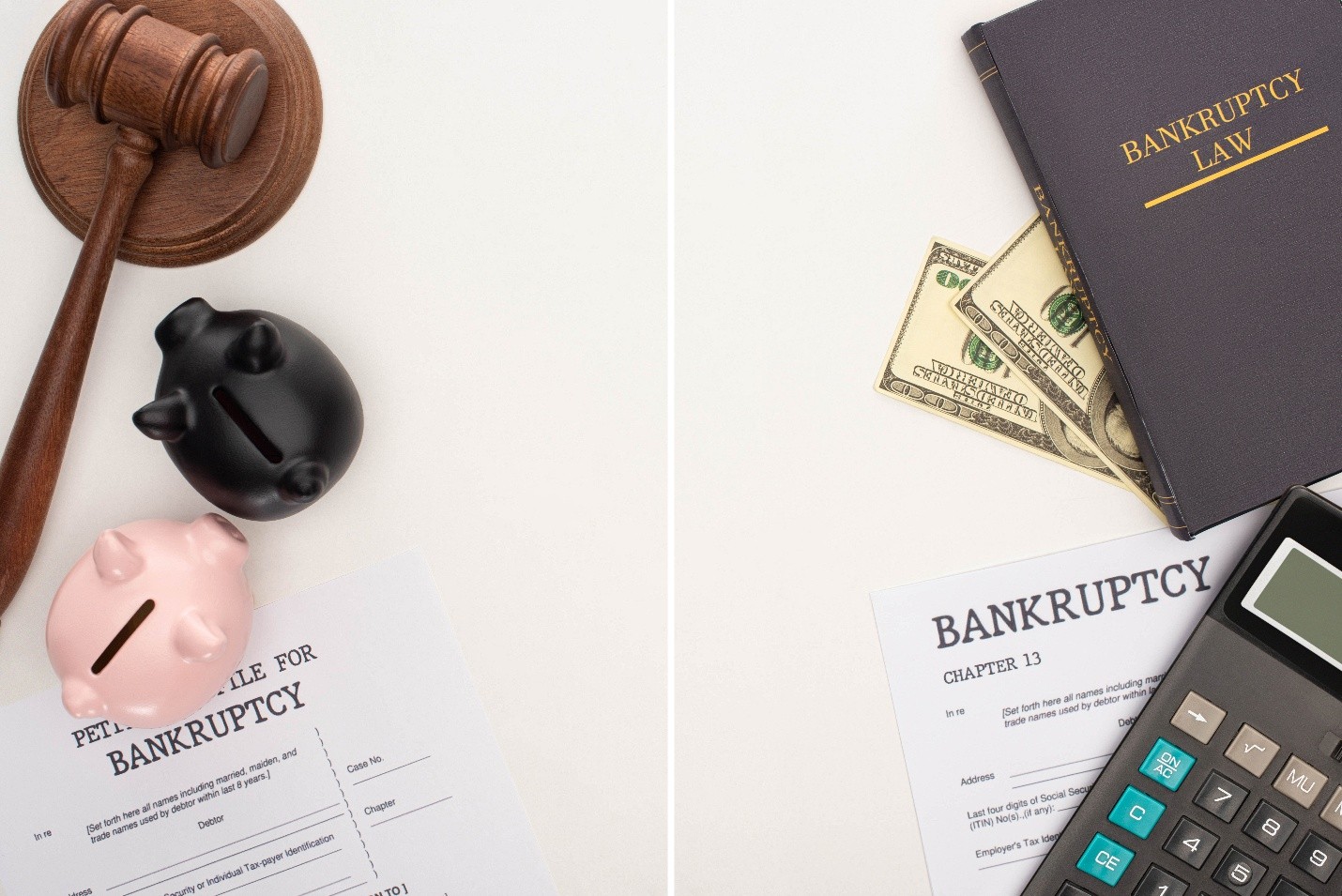Reluctant to File for Bankruptcy? Consider These Facts

Many people are drowning in debt. They may be struggling to repay debt to the point where bankruptcy is the only realistic option.
However, bankruptcy is not the favored option for many. Bankruptcy comes with a lot of stigma. Plus, there is worry. What will happen to a person’s assets? Will they lose their house, car, or other valuables? How long will bankruptcy affect their credit?
People have financial goals in life, and although they may have excessive debt, they are often under the impression that bankruptcy will hinder their life, not help them. They may be reluctant to file for bankruptcy, but once they know the facts, they soon realize that bankruptcy can be the lifeline they desperately need.
On the fence about filing for bankruptcy? Here are some things you should know about the bankruptcy process.
You Will Likely Keep Most of Your Assets
A common myth is that filing for bankruptcy means losing all your property, but most people keep everything they own. Exemption laws, whether federal or state, protect essential items like clothing, furniture, appliances, some jewelry, and often a car or home.
In Chapter 7 bankruptcy, you keep exempt property, while non-exempt items may be sold to repay creditors. In Chapter 13, you can keep non-exempt assets by paying their value over time through a court-approved plan.
Bankruptcy May Actually Improve Creditworthiness
Filing for bankruptcy often helps rather than hurts a consumer’s credit. If someone is already behind on multiple debts, their credit is likely damaged. Bankruptcy wipes out those debts, and future lenders can see the consumer now has less debt and cannot file another Chapter 7 for eight years.
After discharge, credit reports show zero balances on discharged debts. This can boost a credit score. While the bankruptcy itself will appear on the report for 10 years, many creditors focus more on current balances and payment history.
Bankruptcy Rarely Harms Your Reputation
For most people, filing for bankruptcy has little to no impact on their reputation. While it’s public record, bankruptcies are not typically publicized, so friends or neighbors usually won’t know unless told.
You’re Protected from Discrimination After Bankruptcy
Federal law protects bankruptcy filers from discrimination. Government agencies cannot deny benefits, licenses, or housing due to a bankruptcy or discharged debts. The same protections apply to student loan programs run by public or private entities.
Employers also cannot fire or refuse to hire someone solely because of a bankruptcy. However, for jobs involving money or security, bankruptcy may raise concerns about financial stability.
Bankruptcy is a highly technical and nuanced area of law, with strict filing requirements, deadlines, and local court procedures. A specialized bankruptcy attorney understands these rules inside and out, reducing the risk of costly mistakes that could lead to your case being delayed, dismissed, or even denied.
